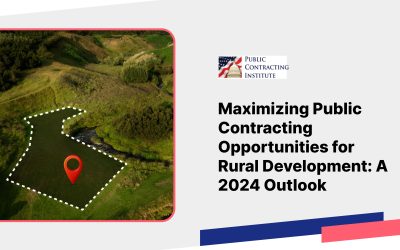Jacob Construction LLC was awarded a contract by the Department of Veterans Affairs (VA) for kitchen renovation work in a VA building. Three months later, the VA suspended the project for eight months. When the suspension was lifted, Jacob filed a claim for an equitable adjustment of $73,398.37 for overhead costs during the suspension. Following two additional delays, Jacob filed two claims for overhead costs incurred during those delays as well. On May 5, 2011, the CO denied Jacob’s claim for the first delay, but stated she would consider a claim for reasonable costs of remobilization. A year later, on May 2, 2012, the CO approved part of Jacob’s second and third delay claims in the amount of $73,468.23 and reaffirmed her denial of the first delay claim. On May 14, 2012, Jacob appealed the denial of the first delay claim to the Civilian Board of Contract Appeals (CBCA).
At the CBCA, the VA moved to dismiss the appeal as untimely—more than 90 days after May 5, 2011. Jacob argued that the CO’s May 5, 2011 decision was not final, because Jacob and the VA had thereafter continued to negotiate the claim. Jacob argued it was led to believe that the claim remained open until the (second) final decision on May 2, 2012.
A CO’s decision on a claim is final unless appealed to a board of contract appeals within 90 days or to the Court of Federal Claims within twelve months. An exception has been made when the parties continue to negotiate to settle the dispute after the decision was issued, in which case, the CO’s decision is not considered final. To fit into this exception, a contractor must show that it “reasonably or objectively could have concluded the contracting officer’s decision was being reconsidered.”
Here, the CBCA concluded that Jacob presented no evidence that the CO was reconsidering the first delay claim. The CO’s statement that she would consider awarding costs for remobilization was not evidence of reconsideration, because these costs were neither part of Jacob’s first claim nor the contracting officer’s first decision. Therefore, the CO’s first decision was properly a “final decision” when issued on May 5, 2011, and Jacob’s appeal was untimely when filed over a year later. Jacob Construction LLC, Appellant, v. Department of Veterans Affairs, CBCA 2838, September 14, 2012.
PRACTICE TIP: Do not assume that any communications with a contracting officer after a final decision will stay the appeal deadlines on appealing a claim.

